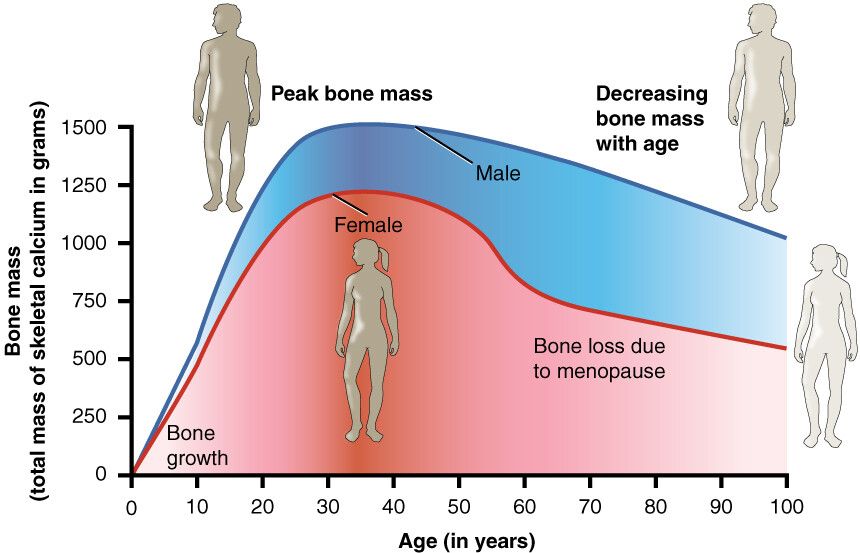As women age, they are more prone to experiencing a decrease in bone density, which can lead to an increased risk of fractures and osteoporosis. Understanding the factors that contribute to this decline in bone health is crucial for maintaining overall wellbeing and quality of life.
Factors Influencing Bone Density
There are several factors that can impact bone density in women as they age. Hormonal changes, specifically a decrease in estrogen production during menopause, can result in accelerated bone loss. Additionally, lifestyle factors such as diet, exercise, and smoking can also play a role in maintaining bone health.
Estrogen and Bone Health
Estrogen is a hormone that plays a key role in maintaining bone density. As women age and enter menopause, estrogen levels decline, resulting in an increased rate of bone loss. This decrease in estrogen can lead to a greater risk of fractures and osteoporosis in women.
Diet and Nutrition
A balanced diet rich in calcium and vitamin D is essential for maintaining strong bones. Calcium is a key component of bone health, and women should aim to consume adequate amounts through foods such as dairy products, leafy greens, and fortified foods. Vitamin D is also important for calcium absorption, so incorporating sources such as fatty fish and fortified foods into the diet is beneficial.
Exercise and Physical Activity
Weight-bearing and resistance exercises are crucial for building and maintaining bone density. Activities such as walking, jogging, dancing, and strength training help to stimulate bone growth and strengthen existing bone mass. Regular physical activity also improves balance and coordination, reducing the risk of falls and fractures in older women.
Preventing Bone Loss in Aging Women
There are several steps that women can take to prevent or slow down the loss of bone density as they age. Making healthy lifestyle choices and incorporating bone-strengthening activities into daily routines can help maintain strong and healthy bones throughout life.
1. Eat a Balanced Diet
Consuming foods rich in calcium and vitamin D is essential for maintaining bone health. Women should aim to include dairy products, leafy greens, and fortified foods in their diet to ensure an adequate intake of these important nutrients.
2. Stay Active
Engaging in weight-bearing and resistance exercises on a regular basis can help build and maintain bone density. Women should incorporate activities such as walking, jogging, dancing, and strength training into their exercise routine to promote bone health.
3. Avoid Smoking and Excessive Alcohol Consumption
Smoking and excessive alcohol consumption can have negative effects on bone health. Women should avoid smoking and limit their alcohol intake to reduce the risk of bone loss and osteoporosis.
Conclusion
As women age, maintaining strong and healthy bones becomes increasingly important. Understanding the factors that contribute to bone density loss and taking proactive steps to prevent it can help women stay active and independent as they grow older. By focusing on diet, exercise, and lifestyle choices, women can prioritize their bone health and reduce the risk of fractures and osteoporosis in later years.
Remember, bone health is a critical component of overall wellbeing, and it is never too early or too late to start taking care of your bones.
